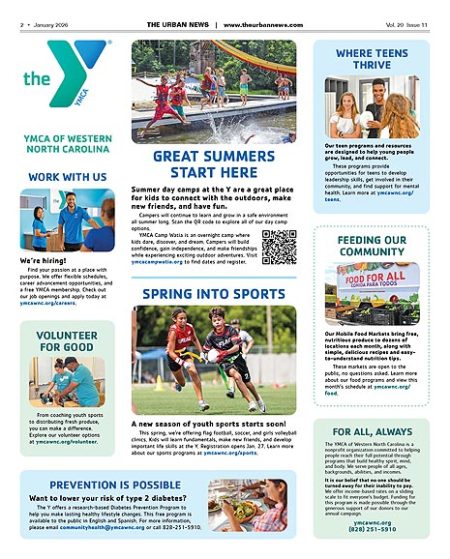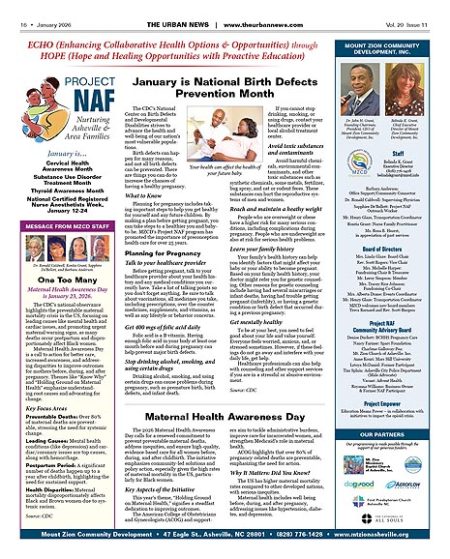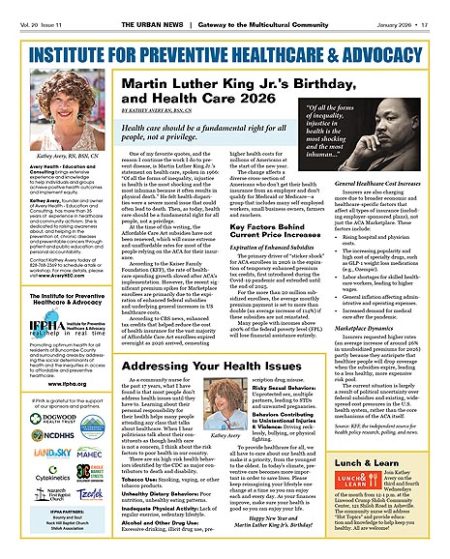Basic Precautions If You Must Go Out
 Joseph Vinetz, MD, a professor of infectious diseases at Yale University, shares some tips on ways we can keep ourselves and our homes safe during the pandemic.
Joseph Vinetz, MD, a professor of infectious diseases at Yale University, shares some tips on ways we can keep ourselves and our homes safe during the pandemic.
- Wash your hands a lot.
- Use sanitizer frequently while you’re out (if you can).
- Stay 6-8 feet away from other people.
- Spray or wipe down the outside of reusable bags.
- Any time you’re coming into contact with an object that many people have touched, you should be careful.
Sanitizing Your Home
Unpacking groceries: Joseph G. Allen, an assistant professor of exposure and assessment science at Harvard’s T.H. Chan School of Public Health, advises hand washing when you get home and again after putting groceries away. The half-life of the virus on most surfaces — the time it takes to decrease by half, then half again — is relatively short, he explained. Unless you’re using items right away, the virus will be gone by the time you take it out of the cupboard. If you do need something immediately and want to take the extra step, you can wipe down the package with a disinfectant.
If someone in your home is sick: Clean surfaces that are touched frequently every day, like doorknobs, light switches, and tables. Use a household cleaning product or wipe, or a solution of 4 teaspoons of bleach per quart of water.
If you’re living under a “stay at home” order, with nobody coming and going: Regular cleaning is fine. Using wipes? Don’t clean the whole room with a single wipe. Research has shown that they become less effective when cleaning larger areas.
Letting in a repair person: Emergencies happen. If a technician has to enter your home, he or she should be taking precautions. “He’s going from home to home, with exposure to multiple public surfaces,” Vinetz says. “That’s different than the delivery man bringing you food without coming inside.” While the technician is in your home, do your best to maintain social distancing. Clean all surfaces when the work is done. And open a window, Vinetz suggests. “If you get a breeze, it can get infectious particles out of the air.”
Handling Food Safely
Washing produce: You do not need to wash each individual apple with soapy water for 20 seconds. In fact, the FDA advises against using soap at all. Even before the coronavirus, you should’ve been rinsing all your produce under running water — that’ll do the trick. For firm produce, you can also use a clean vegetable brush.
Freezing vs. heating: Yes, coronavirus can probably survive in your freezer. If you’re nervous about that pizza, either wipe down the box before putting it in, or transfer the pizza to a different container. Heat, on the other hand, will kill it, so cook your food to at least 160 F. There’s no evidence that COVID-19 will spread through food.
Food delivery: If you want to order in, go right ahead. It’s very unlikely you’ll get COVID-19 by eating something. As for the packaging, wash your hands, then transfer the food to your own dishes. Discard the container and wash your hands again.
Daily Living
Grocery shopping: Buy groceries online and have them delivered, if possible. Person-to-person transmission is the common way to get COVID-19, and having your groceries delivered exposes you to fewer people. If you must go out, use whatever sanitizer is available for your cart. First get a wipe, then get a cart, wipe the cart handle, wipe your hands, and dispose of the wipe properly. Shop from a list so you can move quickly, and don’t get within six feet of other shoppers. Use your own pen or stylus to sign receipts and touch keypads. Use hand sanitizer when you leave the store, and wash your hands and clean your reusable bags when you get home.
Social distancing outside: Let’s say you’re walking the recommended 6 feet behind someone and they cough. Are you going to stroll through a mist of coronavirus? While nobody can definitely say yes or no at this point, all signs point to no. Respiratory droplets that come out when someone coughs are heavy enough that gravity pulls them down within seconds.
When you come back from outside: You may have heard that to be safe you should undress in the garage, spray the bottom of your shoes, or take a shower immediately. “If you’re an ER doctor, it’s not a bad idea,” Vinetz says. Otherwise, not so much. All you really need to do is wash your hands.
Elevators: Only take the elevator if there’s nobody else in it, Vinetz says. Unless it’s an extremely large elevator, it’s virtually impossible to practice social distancing. Don’t use your finger to press the buttons. Use an object, like a pen. And if it’s feasible, take the stairs.
Other Tips
Wear a facemask! You can easily make a mask from a t-shirt or handkerchief.
Wash your hands after petting an animal.
Please dispose of used wipes, gloves, and masks. Do not leave them in parking lots or grocery carts. The same goes for used tissues and paper towels.
We can do this!








